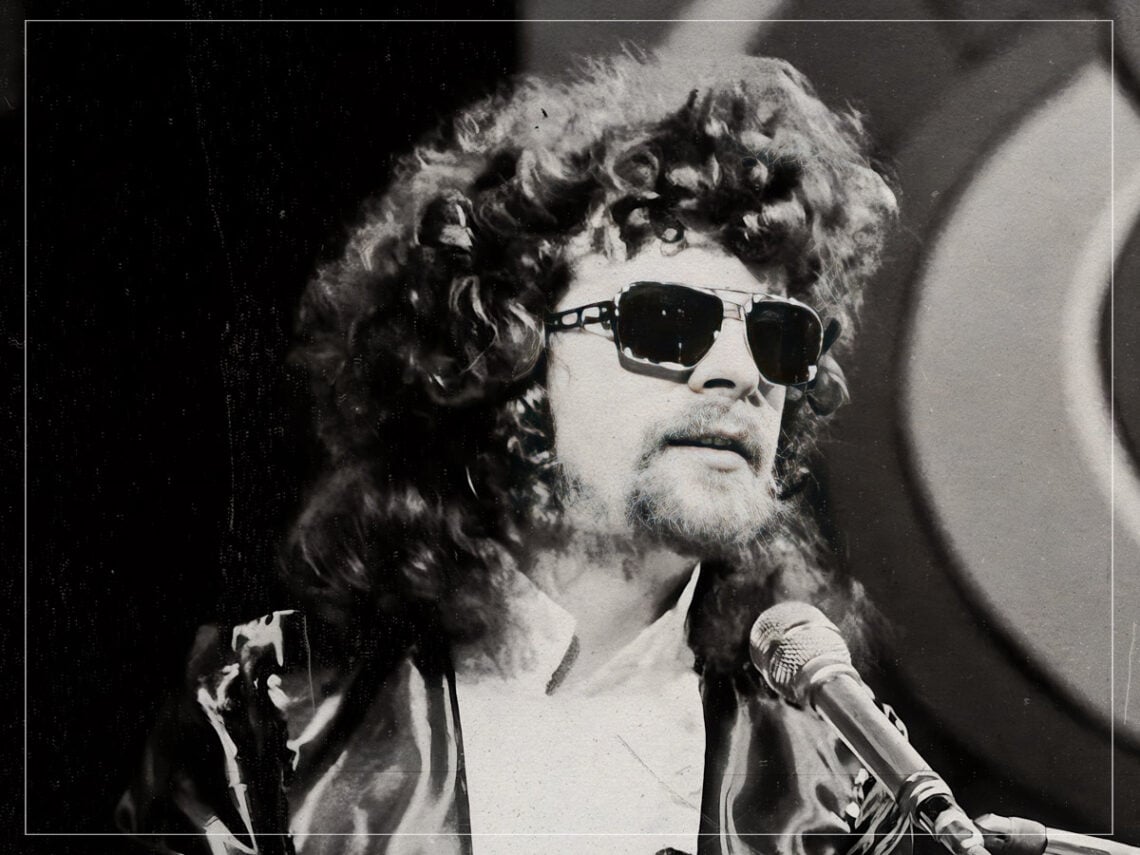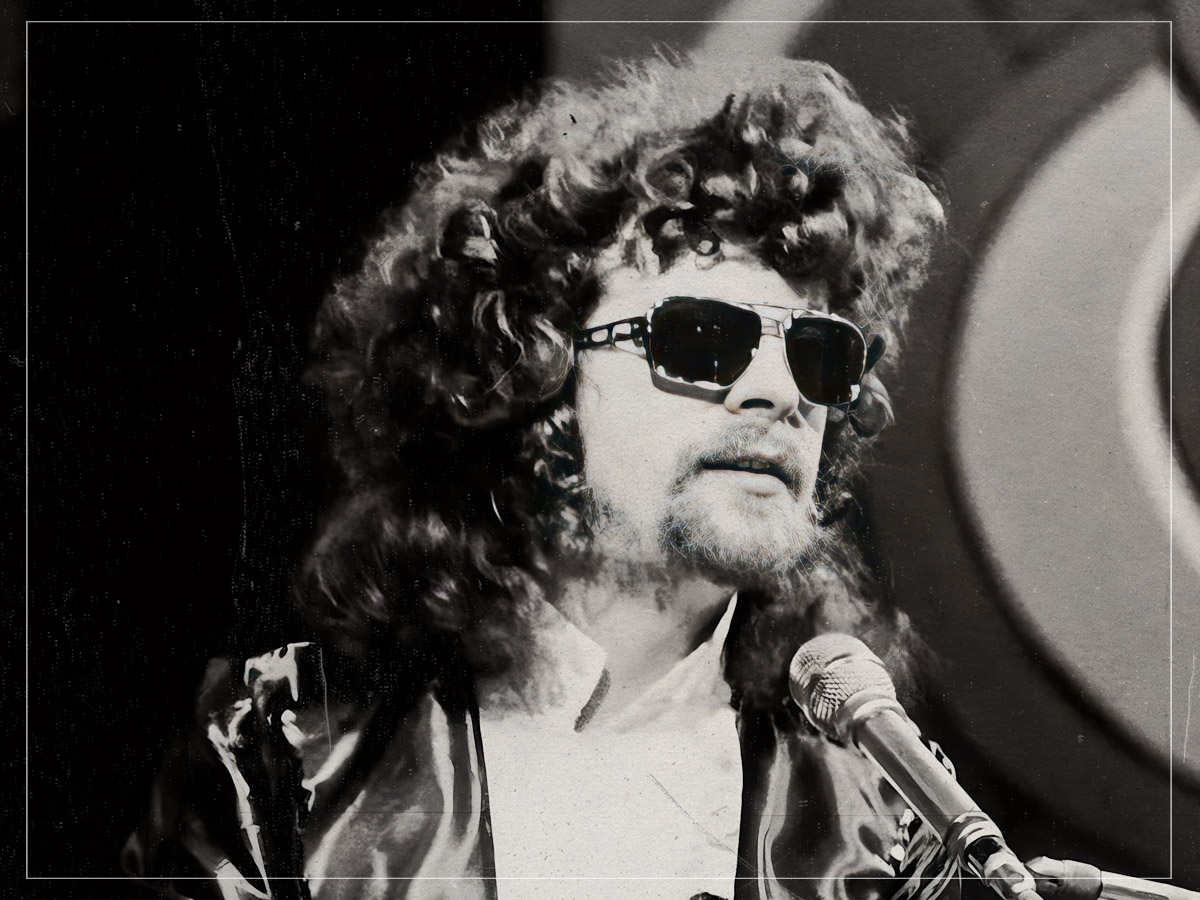
(Credits: Far Out / Alamy)
Thu 15 May 2025 19:00, UK
Every musician who has walked the Earth is capable of taking themselves a bit too seriously when they start making their classic records. They might not have lost an ounce of sheen as a songwriter by any stretch, but all the fame and attention can lead to some people’s heads to balloon to twice their original size and lead to their downfall if anyone dares to question their new artistic direction. However, for someone who has written some of the finest tracks of the 1970s and worked magic for other artists, Jeff Lynne has always kept a firm head on his shoulders.
He knew that it was a privilege for him to be working as one of the greatest musicians on the planet, but underneath those shades was a brilliant mind always willing to toy with what a pop song was supposed to be. And even when it was a carbon copy of an old Beatles tune, it hardly mattered when Lynne could take the basis of it and transform it into a symphonic suite whenever he wanted to.
Then again, it’s also easy to make fun of Electric Light Orchestra if some naysayers wanted to. The idea of having an entire orchestra of people onstage playing instruments felt like the antithesis of the guitar/bass/drums setup most people had known, but if they bothered to drop the layers of pretension for more than one song, they would have seen the kind of genius that Lynne was behind the scenes, especially when working with Tom Petty and The Beatles as a go-to producer.
If anything, Lynne was the furthest thing from the other prog-rock bands that he got roped in with during his prime. The biggest names in music at the time may have been acts like Yes and Genesis, but in terms of the grandiose presentation, ELO seemed to have much more in common with bands like Queen. There was a lot of theatricality still, but he was always trying to write pop songs rather than grandiose events.
“I liked pop. I didn’t like all the pretentious meandering of 20-minute songs in the early ’70s.”
Jeff Lynne
That didn’t mean that he couldn’t make something extravagant when he wanted to. The band’s sophomore release already had a few songs that stretched out for minutes on end, trying to tell some grand-scale epic, but it was no surprise that Lynne tired of that fairly quickly and decided to move on to songs like ‘Livin’ Thing’ and ‘Do Ya’ later down the line.
Even when talking about the prog movement later, Lynne said he didn’t have much tolerance for songs that stretched out for as long as Yes or Genesis were expecting from their audience, saying, “I liked pop. I didn’t like all the pretentious meandering of 20-minute songs in the early ’70s. I just wanted to make a nice, concise three-minute tune that had a good sound to it. Pop to me is actually the strongest form of music, because it’s so hard to write a good melody that lives on for 40 years.”
And for someone with his fair share of classics, Lynne seemed to make it his life’s goal to perfect the pop song format. There are different tropes in tunes like ‘Telephone Line’ that some might complain that they’ve heard a thousand times, but as a full production, there’s hardly anything about the song that could possibly be improved, from the massive harmonies to the interlude riff being played through what sounds like a lowpass filter, which gives it that telephone effect.
So while many people can try their best to make rock and roll’s answer to classical music over multiple musical movements, Lynne is more than happy to keep things rolling with a hooky melody at his disposal. Most see progressive rock as rock’s more sophisticated branch, but there’s nothing wrong with taking the basis of a pop tune and putting big arrangements around it like Lynne does here.
Related Topics
Subscribe To The Far Out Newsletter
